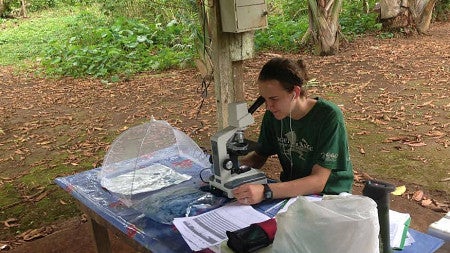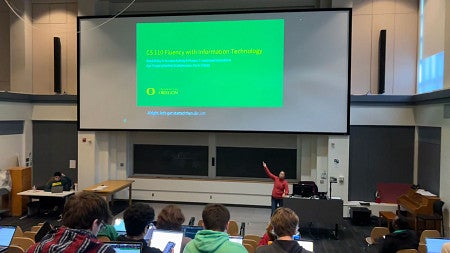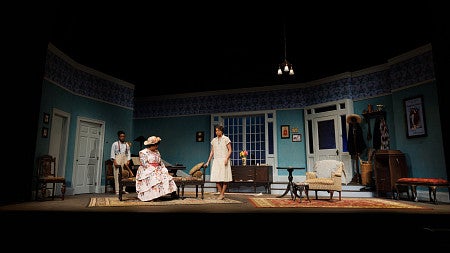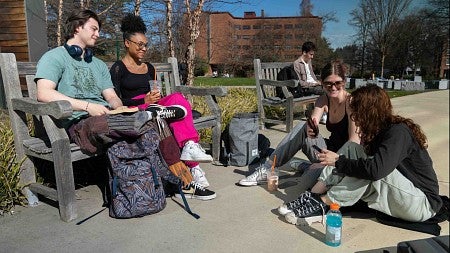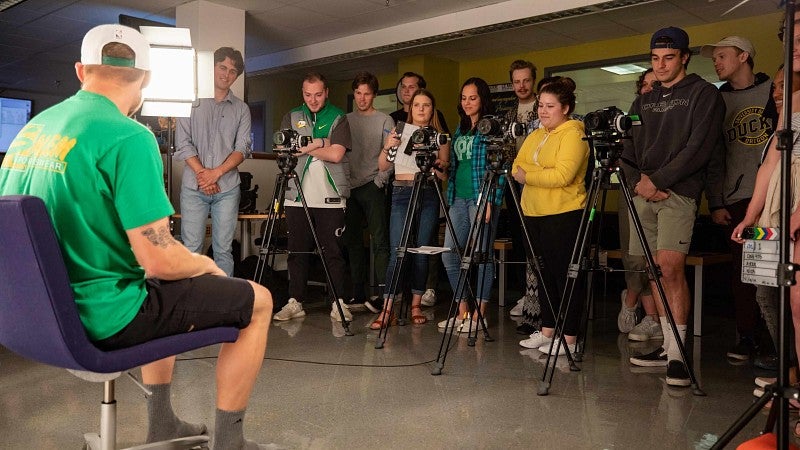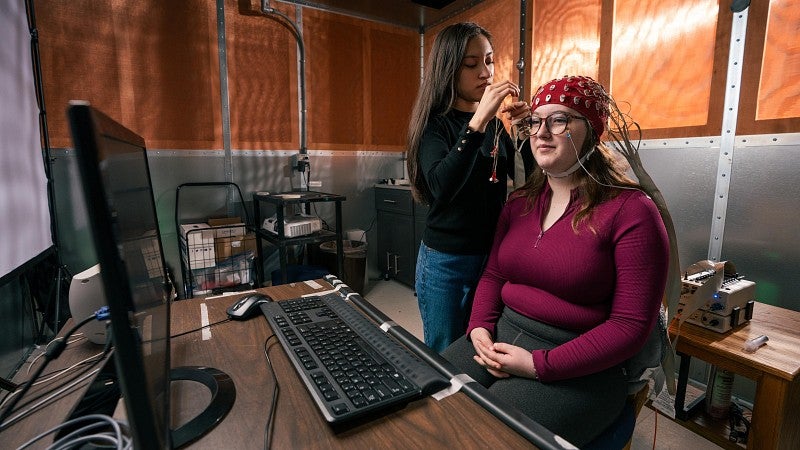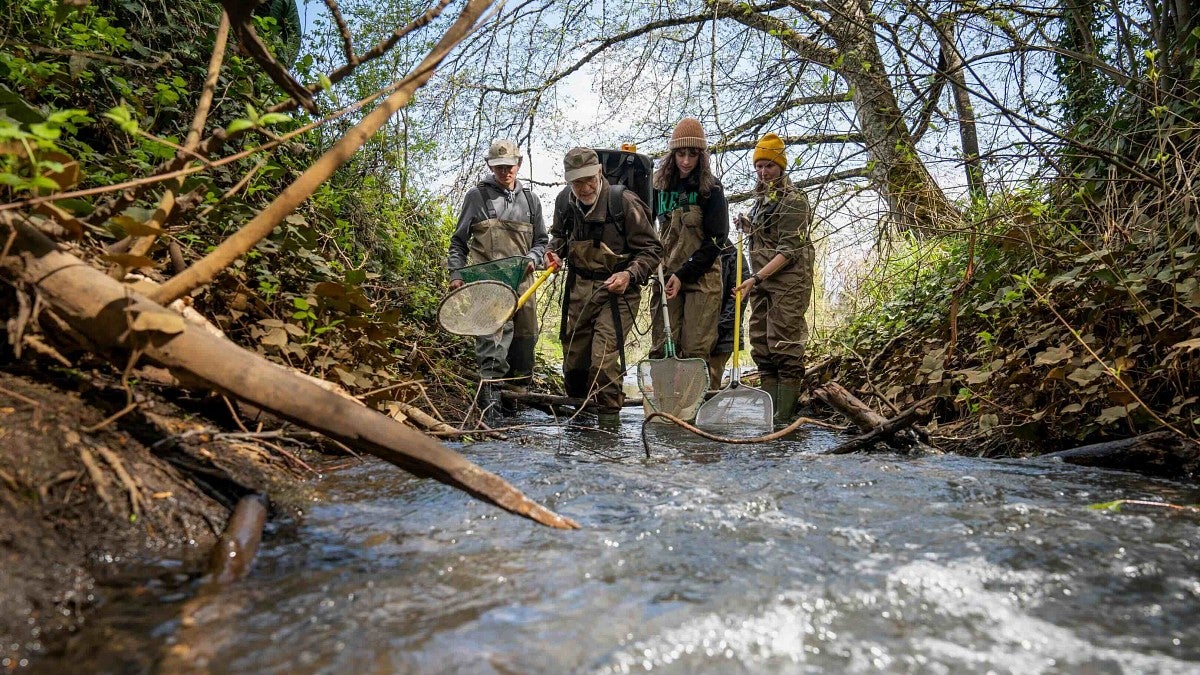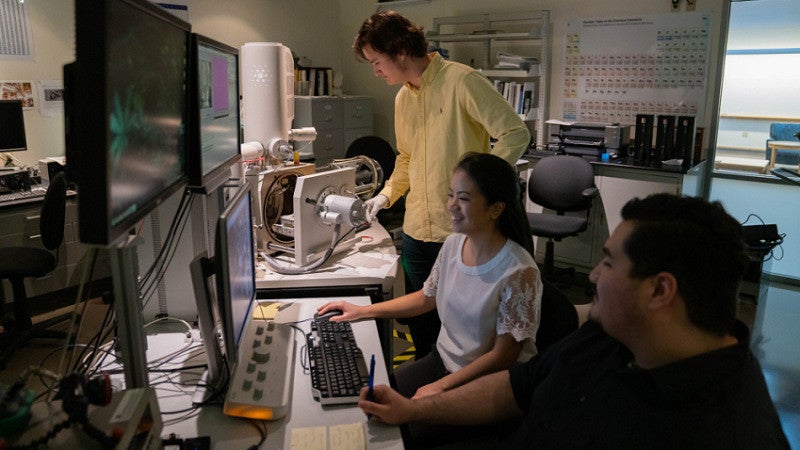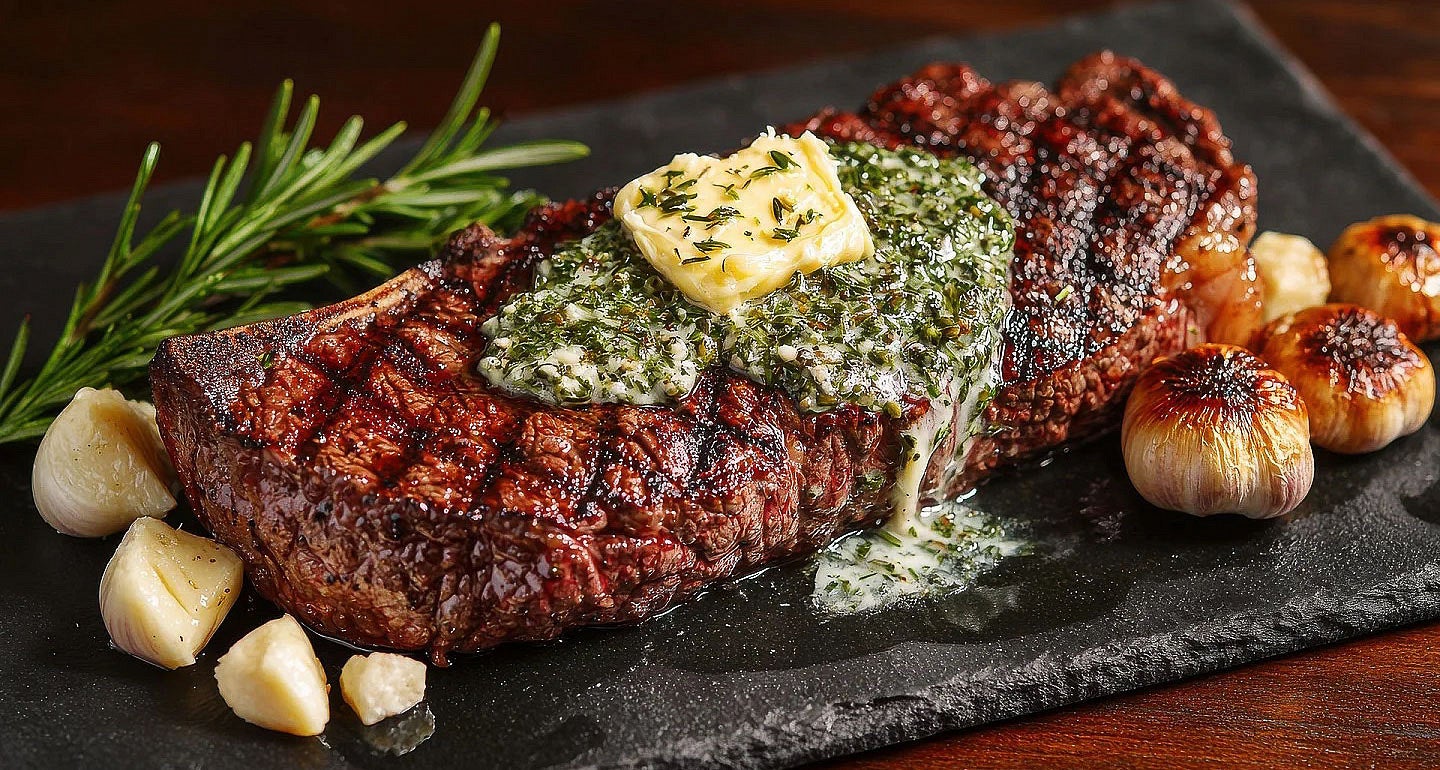
What's the Beef with the New Food Pyramid?
When the US Department of Health and Human Services announced a new set of dietary guidelines in January, they flipped the old guidelines upside down, putting an emphasis on red meat and dairy. Hannah Cutting-Jones, a global studies assistant professor in the College of Arts of Sciences, dives into the history of the food pyramid and the impacts of the new guidelines.
“While many of us may not follow USDA advice closely,” she added, “these documents shape public policy and impact funding for school lunches, military bases, hospitals and SNAP benefits across the country.”
Cutting-Jones teaches courses in the Food Studies Program, which is a part of the Schnitzer School of Global Studies and Languages. She often contributes her expertise on protein and food studies to publications like the New York Times.
News from CAS
All news »
We Love Our Supporters
Gifts to the College of Arts and Sciences can help our students make the most of their college careers. To do this, CAS needs your support. Your contributions help us ensure that teaching, research, advising, mentoring, and support services are fully available to every student. Thank you!
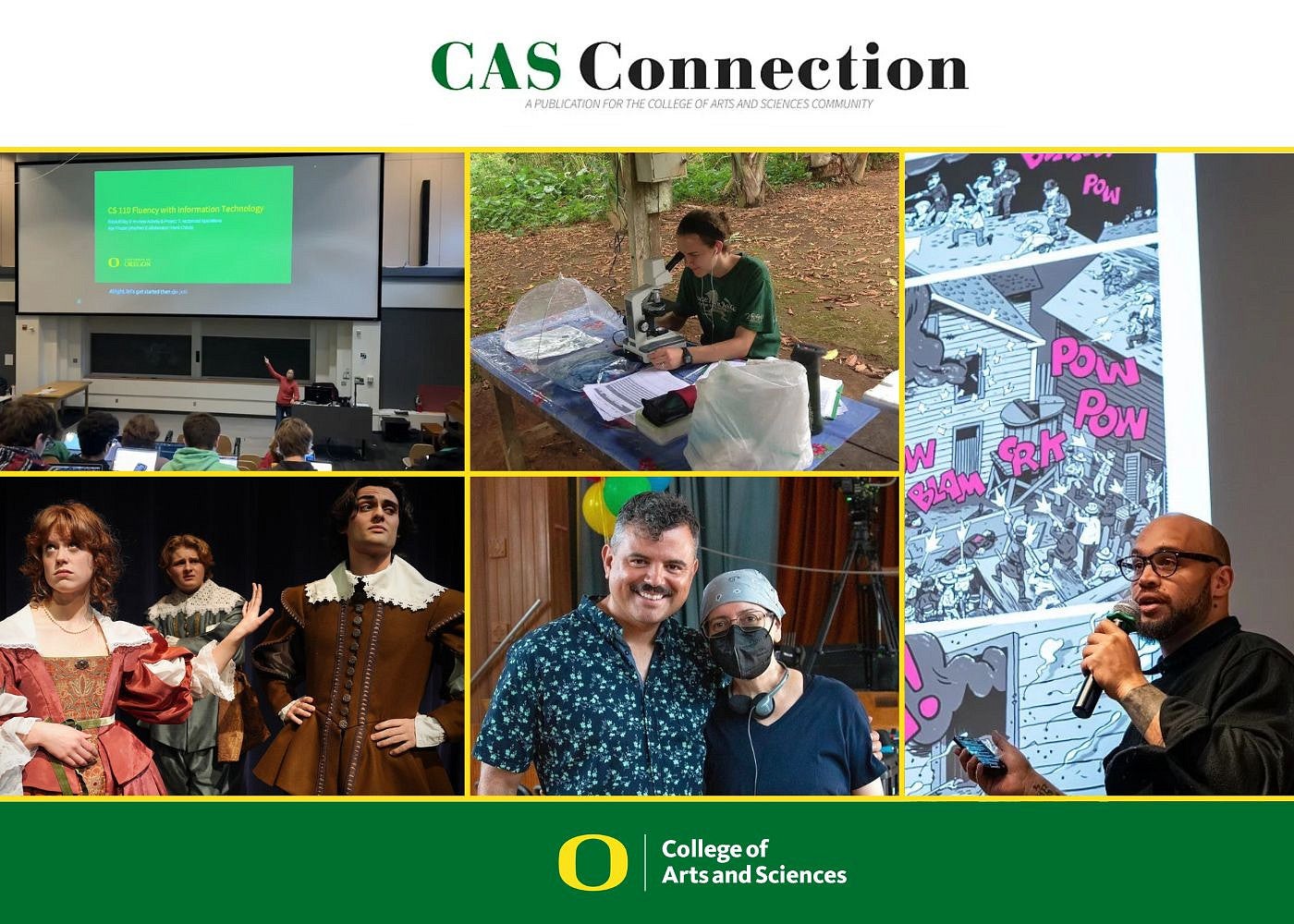
What’s Happening in CAS?
What happens when the food pyramid gets flipped? Schnitzer School of Global Studies and Languages Assistant Professor Hannah Cutting-Jones dives into the new food pyramid announced by the US Department of Health and Human Services, and the impacts of the new guidelines.
Also in the February CAS Connection issue, read how a two-year prestigious Oregon fellowship is bringing a professor's visions to life, an alum who is a tenure-track faculty member at Washington University continuing research she did at the UO, a 100-level computer science course teaching AI — and more.
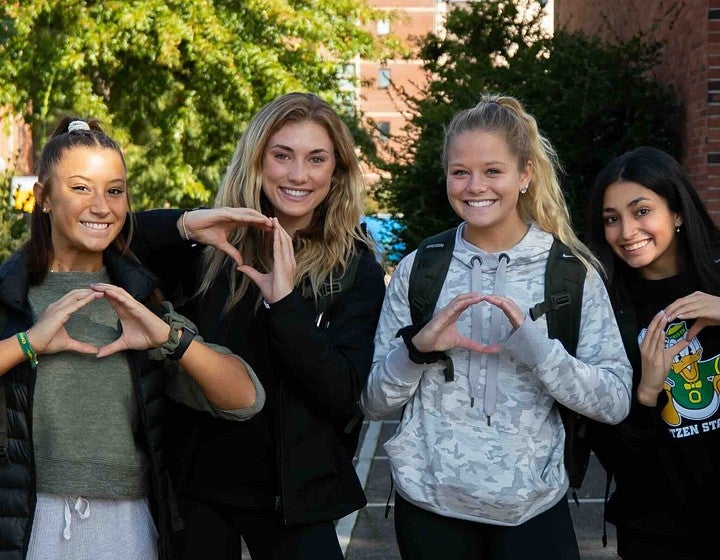
Undergraduate Studies
Wherever your academic goals eventually take you at the UO, all Ducks begin their journey with foundational courses in CAS. More than 60 percent of students go on to pursue a major in a CAS department or program. With more than 50 departments and programs, there’s an intellectual home for almost any interest, talent, or career aspiration.
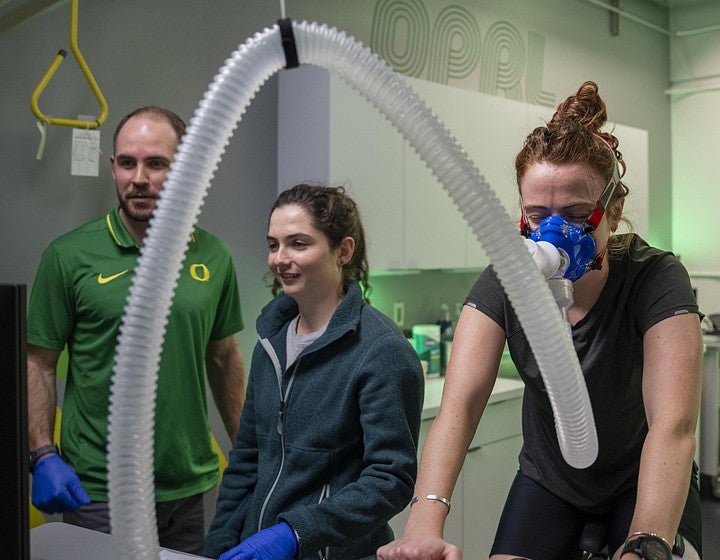
Graduate Studies
The College of Arts and Sciences offers more than 30 master's programs and more than 20 doctoral programs across a diverse range of disciplines. Both as contributors to research teams and through their own scholarship and teaching, our CAS graduate students are indispensable to the vitality of the UO academic mission.
Student Support Services
We provide our students with a variety of resources to help you thrive inside and outside the classroom. Through Tykeson Advising, we provide comprehensive academic and career advising from the start of your journey at the University of Oregon. Learn about career preparation and get assistance in selecting the very best classes. Connect with labs, libraries, IT and tutoring. Find your community on campus.
World-Class Faculty
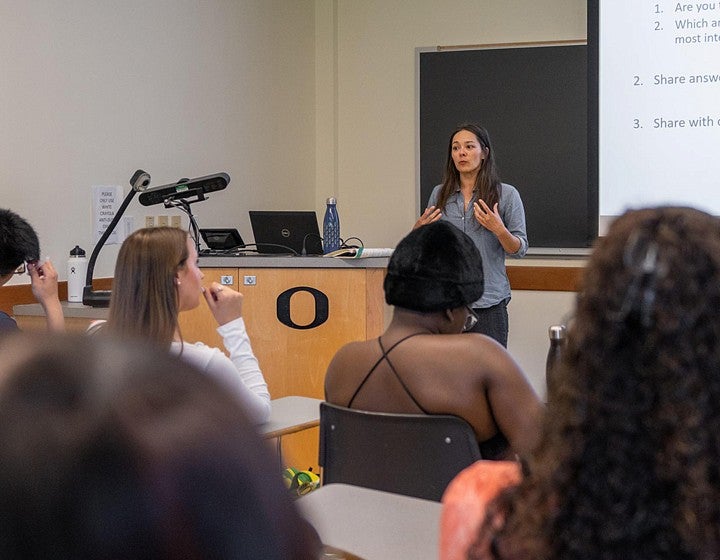
The College of Arts and Sciences faculty members are a driving force of the high-output, high-impact research activity that has earned the UO membership in the prestigious Association of American Universities (AAU). Our world-class faculty members are inspiring teachers.
Among them are five members of the American Academy of Arts and Sciences, four members of the National Academy of Sciences. They are committed to helping students discover their academic passion. Every day, they work to expand students’ intellectual horizons, preparing them for life after college with real-world knowledge and skills.
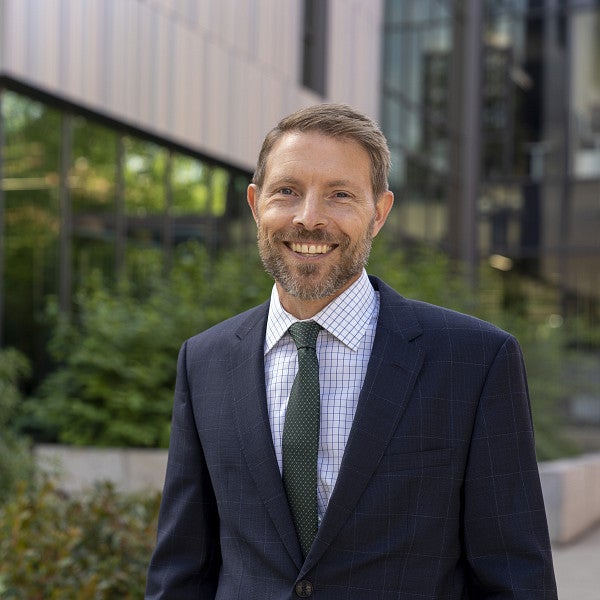
Meet our Dean
In the College of Arts and Sciences (CAS), we are committed to excellence in research and teaching, student success, and diversity, equity, and belonging.
A liberal arts education—one that offers a breadth of intellectual approaches and perspectives and depth in a major discipline—is the foundation to a purposeful life as a life-long learner, engaged citizen, and leader. The skills you will learn here—from written and verbal communication to analytical and quantitative reasoning, to compassion and understanding—are those that employers seek and will open the door to a wealth of opportunities.
You will find more than 50 majors and a multitude of minors within CAS, and seemingly endless opportunities for personal exploration and discovery. Whether you are an incoming first-year student, a grad student or a transfer student, you can map an exciting future and be part of a fun, warm, engaged liberal arts community here. Come join us. And go Ducks!
The College of Arts and Sciences includes:
Happening at CAS
10:00–11:30 a.m.
Wednesday, February 25, 2025
10:00am - 11:30am
Lokey 116
Light Refreshments
✨ Calling all majors and minors in ES, NAIS, BLST, and LTNX✨
The path after college isn’t always clear, but IRES and ethnic studies alumni are here to help!
Please join us for an IRES careers and mentorship panel featuring four University of Oregon ethnic studies alumni with experience working in non-profits, organizing, government, law, art, social work, education, and more.
Build knowledge, build confidence, build networks, connect with mentors in your field.
noon
Please join the Department of Women’s, Gender, and Sexuality Studies for the 2026 Sally M. Gearhart Lecture with Kemi Adeyemi, Associate Professor of Gender, Women and Sexuality Studies at the University of Washington, on “Bad Dance: Making Queer and Lesbian Community.”
To hear them tell it, studs are bad dancers: awkward, self-conscious, unsure of the steps, their weight, or what to do with their hands. They knock knees, can’t hold twerkers up, and aren’t smooth enough. These descriptions circulate as shared knowledge, shaping expectations about who moves well, who is in the middle of the club, who ends up on the wall—and who is worthy of partnership on and off the dance floor.
This talk takes black queer people seriously as self-described “bad” dancers in order to think about the relationships between sexuality and movement, and the role of dance in shaping individual identity and collective life. I argue that narratives of bad dancing reveal how the meanings of lesbian and queer community depend upon the coordination of movement: shared rhythms that are embedded with expectations about racialized gender, sexuality, and desire. Focusing on moments when dance technique breaks down highlights how disillusionment and alienation are central, rather than incidental, to queer and lesbian dance floors—and disrupting the celebratory accounts of dance and sexuality studies can lead us to more nuanced theorizations of the politics of queer and lesbian life. Kemi Adeyemi is Associate Professor of Gender, Women and Sexuality Studies at the University of Washington. She is the author of Feels Right: Black Queer Women & the Politics of Partying in Chicago (Duke University Press, 2022) and co-editor of the volume Queer Nightlife (University of Michigan Press, 2021). Her forthcoming manual, Writing About Black Art, is a 2023 recipient of the Andy Warhol Foundation Arts Writers Grant. Kemi founded and directs The Black Embodiments Studio, an arts writing incubator, public programming initiative, and publishing platform dedicated to building discourse around contemporary black art.
The Sally Miller Gearhart Lecture Series advances lesbian history and culture, promotes dialogue about sexual orientation and gender identity, supports diversity and empowers lesbian voices in higher education.
2:00–4:00 p.m.
From Jan. 21 and continuing until March 18, the Northwest Native American Language Resource Center (NW-NALRC) will be holding weekly consultation and assistance times.
From 2-3pm PST we will be providing consultation and assistance with Community Projects and Planning.
From 3-4pm PST we will be providing consultation and assistance for Supporting Language Teaching and Learning.
To join, please fill out this short form https://forms.office.com/r/D2pg3wErfj.
If you are in need of assistance, or if you have any questions, please contact nalrc@uoregon.edu.
5:00–6:30 p.m.
Join us for a film screening and Q&A with director Jeff Gipe. Half-Life of Memory: America's Forgotten Atomic Bomb Factory exposes the dangerous legacy of Rocky Flats, the central nuclear bomb production facility in the United States from 1952 until 1989, located near Denver, Colorado. The most notorious instances of contamination, neglect, and cover-ups occurred at the Rocky Flats--radioactive and hazardous waste was illegally dumped, released in deadly fires at the site, and contaminated the Denver metro area with long-lived radioactive toxins. Through powerful testimonials and extraordinary archival media, Half-Life of Memory reveals Rocky Flats' dark past and prompts critical reflection on the implications of the nation's renewed nuclear weapons buildup
Sponsors: Center for Environmental Futures, Oregon Humanities Center

